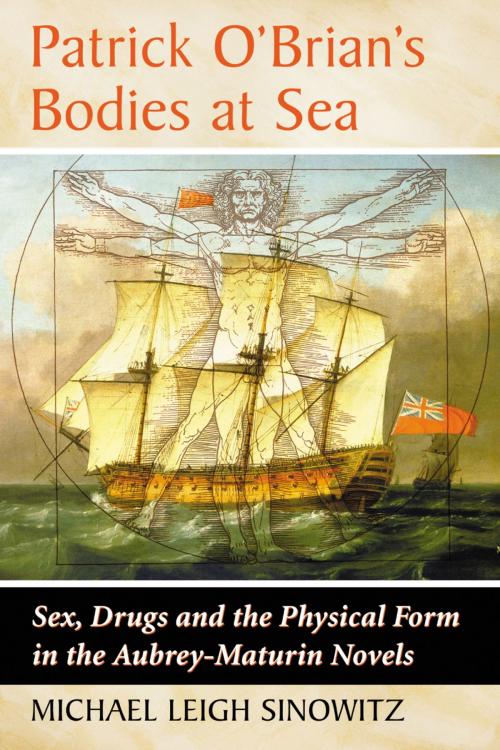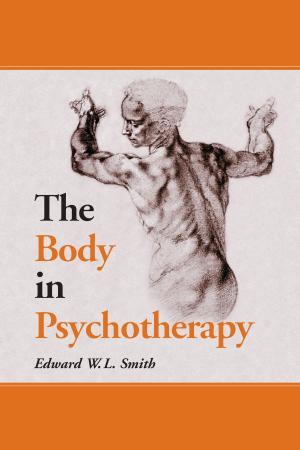Patrick O'Brian's Bodies at Sea
Sex, Drugs and the Physical Form in the Aubrey-Maturin Novels
Nonfiction, Reference & Language, Transportation, Ships & Shipbuilding, Fiction & Literature, Literary Theory & Criticism, Social & Cultural Studies, Social Science| Author: | Michael Leigh Sinowitz | ISBN: | 9781476614847 |
| Publisher: | McFarland & Company, Inc., Publishers | Publication: | July 18, 2014 |
| Imprint: | Language: | English |
| Author: | Michael Leigh Sinowitz |
| ISBN: | 9781476614847 |
| Publisher: | McFarland & Company, Inc., Publishers |
| Publication: | July 18, 2014 |
| Imprint: | |
| Language: | English |
An exploration of the complex roles that bodies—both literally and figuratively—play in the 21 volume Aubrey-Maturin series reveals much about the novels’ many meditations on mind and body. Beginning with a consideration of genre norms and the bodies of the novels’ main characters, the book’s focus shifts to the ways the series offers interconnections between the human body and history. More literal considerations of the body examine O’Brian’s depictions of drug use, particularly the opium addiction that afflicts Stephen Maturin, and human sexuality in its many guises. The work then focuses on Desolation Island, the fifth novel in the series, in light of the discussions above but also in terms of political and psychological tropes that draw upon the relationship of mind and body. Questions are examined about the relationship of reader to author, and what sustains such a long narrative and what continues to bring a reader back again and again.
An exploration of the complex roles that bodies—both literally and figuratively—play in the 21 volume Aubrey-Maturin series reveals much about the novels’ many meditations on mind and body. Beginning with a consideration of genre norms and the bodies of the novels’ main characters, the book’s focus shifts to the ways the series offers interconnections between the human body and history. More literal considerations of the body examine O’Brian’s depictions of drug use, particularly the opium addiction that afflicts Stephen Maturin, and human sexuality in its many guises. The work then focuses on Desolation Island, the fifth novel in the series, in light of the discussions above but also in terms of political and psychological tropes that draw upon the relationship of mind and body. Questions are examined about the relationship of reader to author, and what sustains such a long narrative and what continues to bring a reader back again and again.















